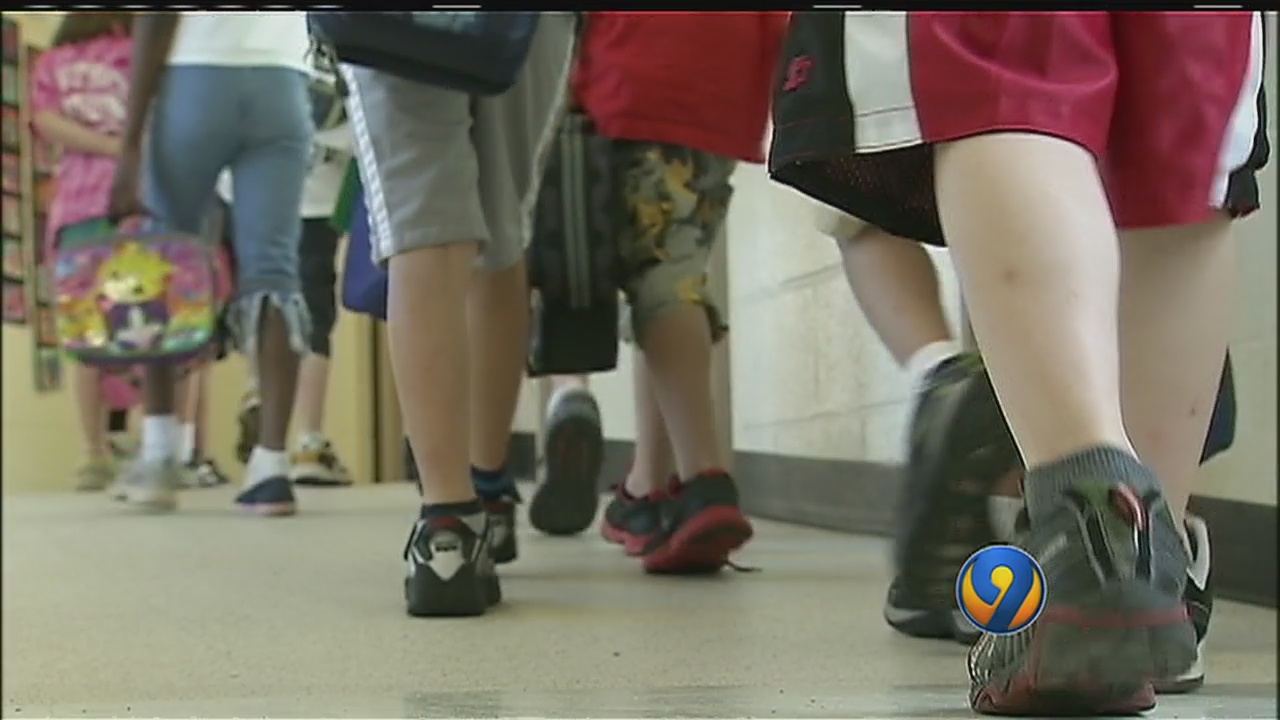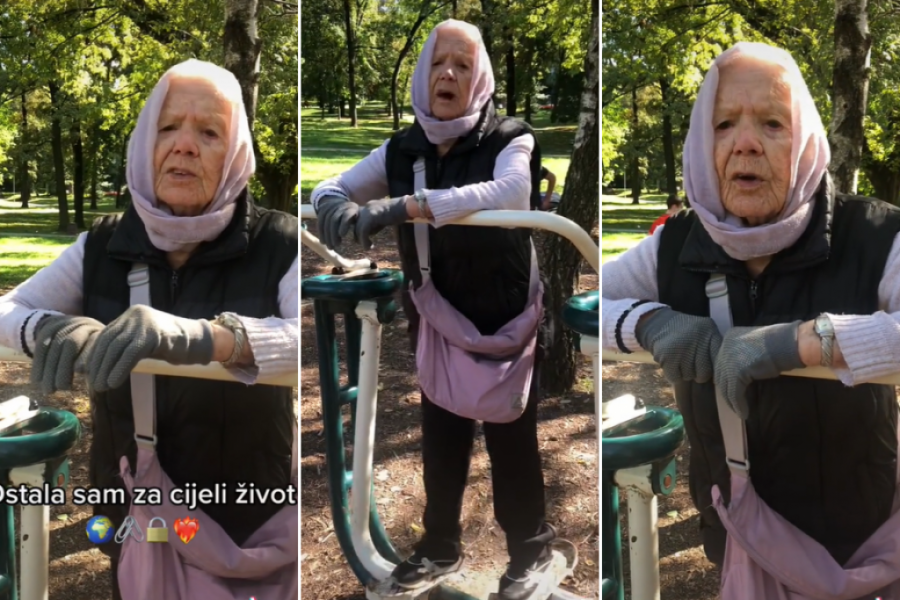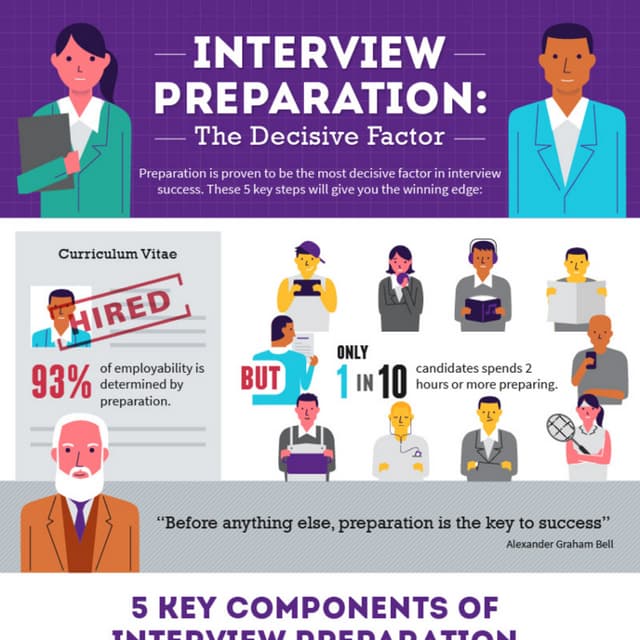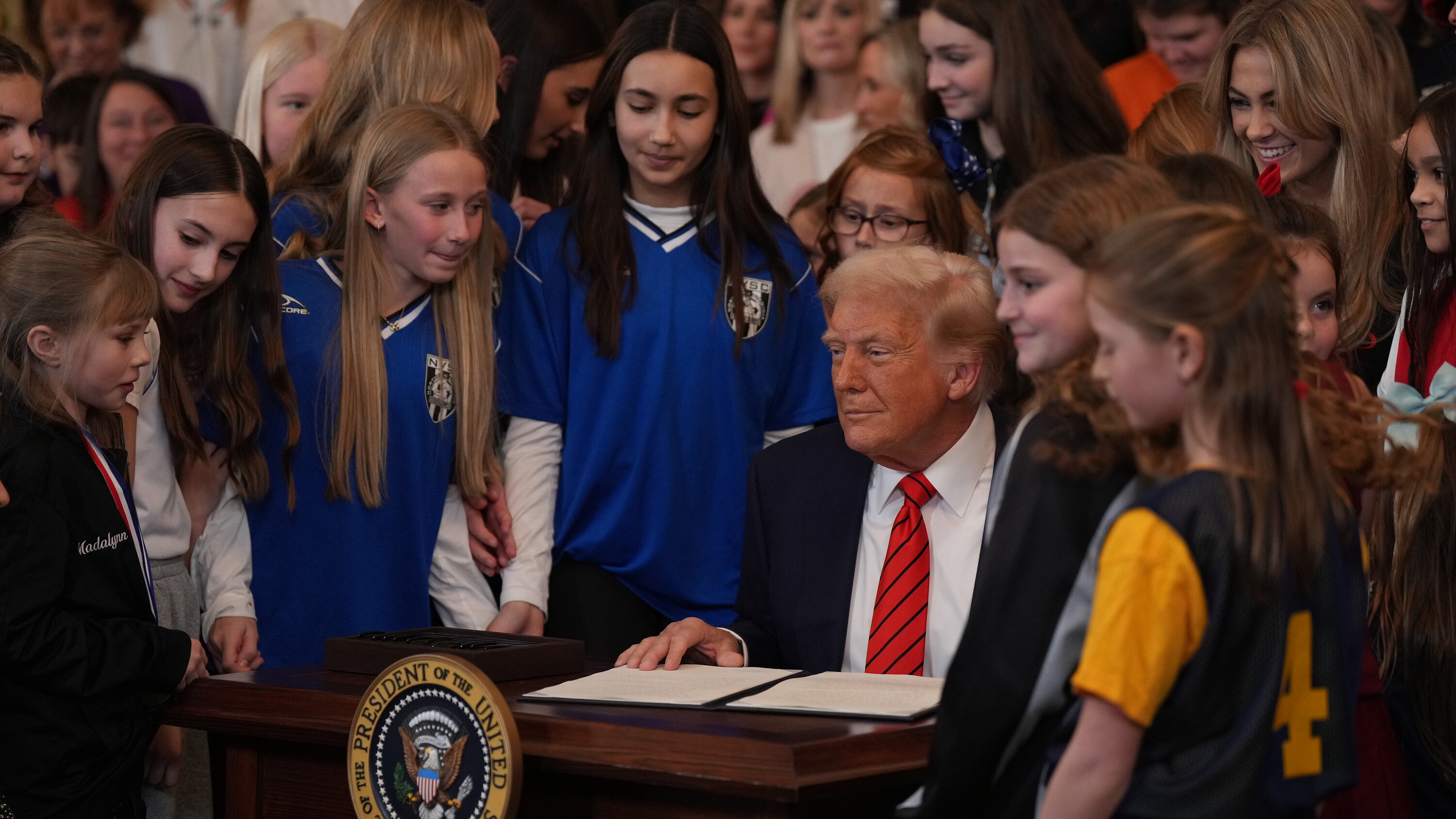The Ineffectiveness Of School Suspensions: Alternatives And Reforms

Table of Contents
The Negative Impacts of School Suspensions
School suspensions inflict significant harm on students, impacting their academic trajectory, increasing their risk of involvement in the juvenile justice system, and negatively affecting their mental health.
Increased Risk of Academic Failure
Suspension directly correlates with lower academic achievement. Students who are suspended miss valuable instructional time, falling behind their peers and increasing their likelihood of repeating grades. A study by the US Department of Education found that students suspended even once are significantly more likely to drop out of high school. This decreased school engagement leads to decreased access to learning resources and support, further hindering their academic progress and perpetuating a cycle of failure. The consequences extend beyond simply missing class; suspended students are also more likely to become involved in the juvenile justice system, creating a detrimental feedback loop that affects their future opportunities.
- Higher likelihood of repeating grades
- Decreased access to learning resources and support
- Increased likelihood of involvement in the juvenile justice system
- Lower graduation rates
- Reduced academic performance
The School-to-Prison Pipeline
Suspensions significantly contribute to the school-to-prison pipeline, a disturbing trend where students are funneled from school disciplinary systems into the juvenile and criminal justice systems. This effect is particularly pronounced for marginalized students, including those from racial and ethnic minority groups and low-income families. Studies consistently demonstrate racial disparities in suspension rates; students of color are suspended at significantly higher rates than their white peers, even when controlling for behavioral factors. This demonstrates the presence of racial bias within school disciplinary practices.
- Increased contact with law enforcement
- Criminalization of childhood behaviors
- Long-term negative consequences on future opportunities
- Exacerbation of existing societal inequalities
- Disciplinary disparities based on race and socioeconomic status
Mental Health Consequences
The isolation and alienation caused by suspension profoundly affect students' mental well-being. Many students experience increased feelings of depression, anxiety, and other mental health issues following suspension. The lack of adequate mental health support during and after suspension exacerbates these challenges, leaving students vulnerable and without the resources they need to cope. This underscores the critical need for schools to prioritize student well-being and integrate comprehensive mental health services into their disciplinary strategies.
- Increased feelings of isolation and alienation
- Exacerbation of existing mental health conditions
- Limited access to counseling and support services
- Increased risk of self-harm or suicidal ideation
- Negative impact on social-emotional development
Effective Alternatives to Suspension
Fortunately, effective alternatives to suspension exist, offering proactive and restorative approaches to student behavior.
Positive Behavior Interventions and Supports (PBIS)
PBIS is a data-driven framework that promotes positive behavior through proactive strategies and individualized support. It focuses on teaching expected behaviors, providing positive reinforcement, and addressing behavioral challenges early and effectively. Schools implementing PBIS see significant reductions in disciplinary referrals and suspensions while fostering a more positive and supportive school climate. This proactive discipline approach helps create a more positive school culture and reduces the need for punitive measures.
- Clear expectations and consistent consequences
- Positive reinforcement and rewards
- Targeted interventions for students with behavioral challenges
- Data-driven decision making to identify and address trends
- Improved school climate and increased school engagement
Restorative Justice Practices
Restorative justice principles focus on repairing harm and restoring relationships after misbehavior. Instead of punishment, restorative practices emphasize dialogue, accountability, and making amends. By addressing the root causes of misbehavior and involving all stakeholders – the student, the victim, and the community – restorative justice promotes reconciliation and healing. Restorative circles and conflict resolution techniques are frequently used.
- Mediation and conflict resolution
- Community conferencing
- Emphasis on repairing harm and making amends
- Focus on accountability and responsibility
- Improved relationships between students and staff
Social-Emotional Learning (SEL)
SEL programs equip students with the emotional intelligence and self-regulation skills needed to navigate social situations and manage their emotions effectively. By fostering self-awareness, empathy, and responsible decision-making, SEL helps prevent behavioral problems and promotes positive relationships. These skills are crucial for success both in and outside of the classroom.
- Improved self-awareness and self-management
- Enhanced social skills and empathy
- Reduced conflict and aggression
- Improved academic performance
- Increased overall well-being
Implementing Reforms and Policy Changes
To truly address the ineffectiveness of school suspensions, significant policy changes are necessary at the school and district levels. This includes revising school discipline policies to prioritize restorative and preventative approaches, increasing funding for support services like SEL programs and mental health services, and providing comprehensive training for school staff on alternative disciplinary strategies. Educational policy needs to actively promote equity in education, ensuring that all students have access to the support they need to thrive.
- Revision of school discipline policies
- Increased funding for support services
- Mandatory training for school staff
- Development of clear and consistent behavioral expectations
- Collaboration between schools, families, and community organizations
Conclusion: Rethinking School Discipline: Alternatives to Suspension
The evidence overwhelmingly demonstrates the ineffectiveness of school suspensions and their disproportionately negative impact on students, particularly those from marginalized communities. Suspensions hinder academic progress, contribute to the school-to-prison pipeline, and negatively affect students' mental health. Replacing school suspensions with effective alternatives such as PBIS, restorative justice, and SEL programs is crucial for creating a more equitable and supportive learning environment. These proactive and restorative approaches not only address misbehavior more effectively but also promote student well-being, fostering positive relationships and academic success. Let's work together to replace school suspensions with more effective and equitable strategies that support student success and well-being. By embracing school discipline reform and investing in preventative and restorative practices, we can create schools where all students can thrive.

Featured Posts
-
 Michael Sheens 100 000 Donation Helping 900 People Clear 1 Million Debt
May 02, 2025
Michael Sheens 100 000 Donation Helping 900 People Clear 1 Million Debt
May 02, 2025 -
 Zdravkove Prve Ljubavi Zasto Se Udala Kad Se On Vratio
May 02, 2025
Zdravkove Prve Ljubavi Zasto Se Udala Kad Se On Vratio
May 02, 2025 -
 Sogd Novye Mery Protiv Torgovli Lyudmi
May 02, 2025
Sogd Novye Mery Protiv Torgovli Lyudmi
May 02, 2025 -
 Xrp Price Prediction 2024 Dubai License Fuels 10 Target
May 02, 2025
Xrp Price Prediction 2024 Dubai License Fuels 10 Target
May 02, 2025 -
 Navigating The Chinese Market The Struggles Of Bmw Porsche And Others
May 02, 2025
Navigating The Chinese Market The Struggles Of Bmw Porsche And Others
May 02, 2025
Latest Posts
-
 Analyzing Brobbeys Strength A Decisive Factor In The Europa League
May 10, 2025
Analyzing Brobbeys Strength A Decisive Factor In The Europa League
May 10, 2025 -
 Transgender Individuals And Trumps Policies A Community Perspective
May 10, 2025
Transgender Individuals And Trumps Policies A Community Perspective
May 10, 2025 -
 Europa League Preview Brobbeys Physicality A Major Weapon For Ajax
May 10, 2025
Europa League Preview Brobbeys Physicality A Major Weapon For Ajax
May 10, 2025 -
 Following Trump Order Ihsaa Bans Transgender Girls From Sports
May 10, 2025
Following Trump Order Ihsaa Bans Transgender Girls From Sports
May 10, 2025 -
 Have Trumps Executive Orders Impacted Your Life As A Transgender Person
May 10, 2025
Have Trumps Executive Orders Impacted Your Life As A Transgender Person
May 10, 2025
